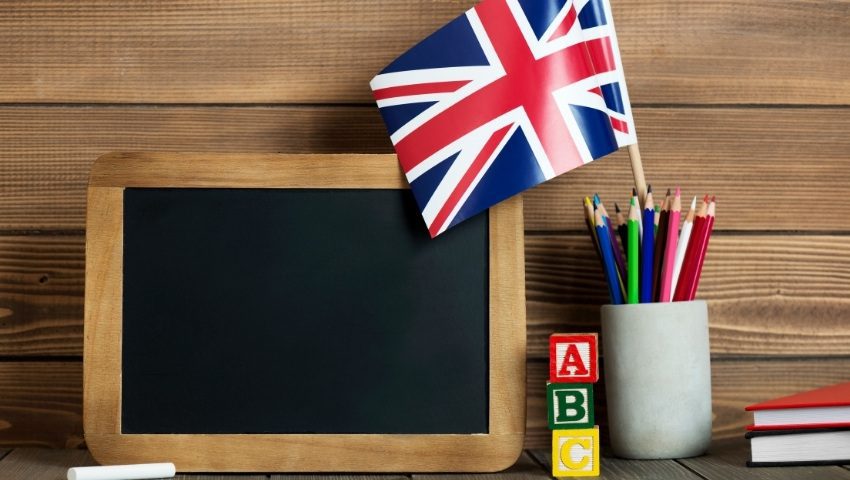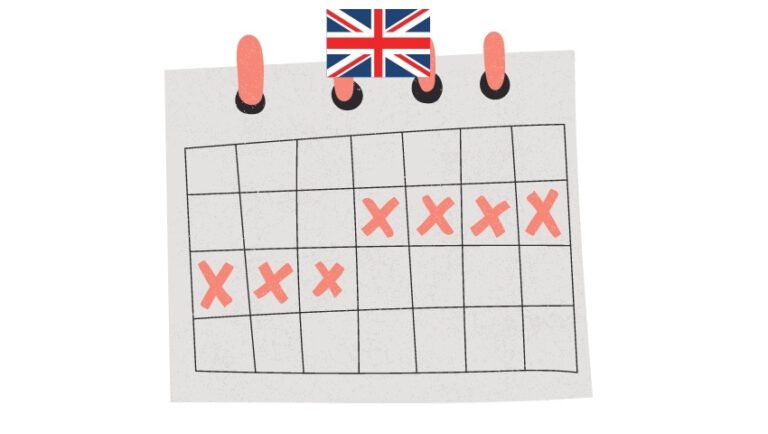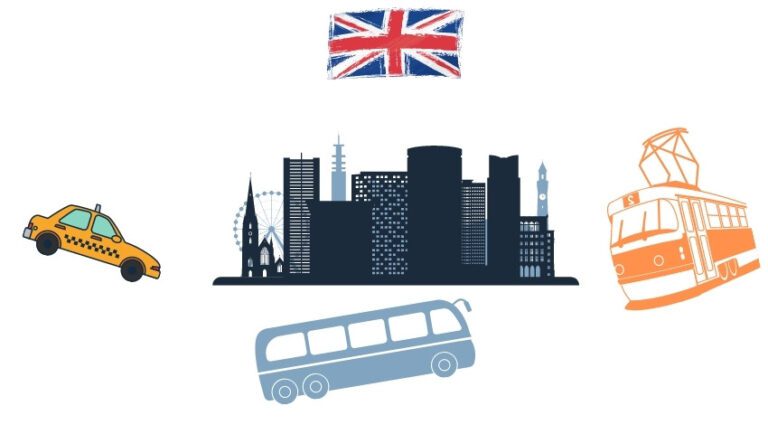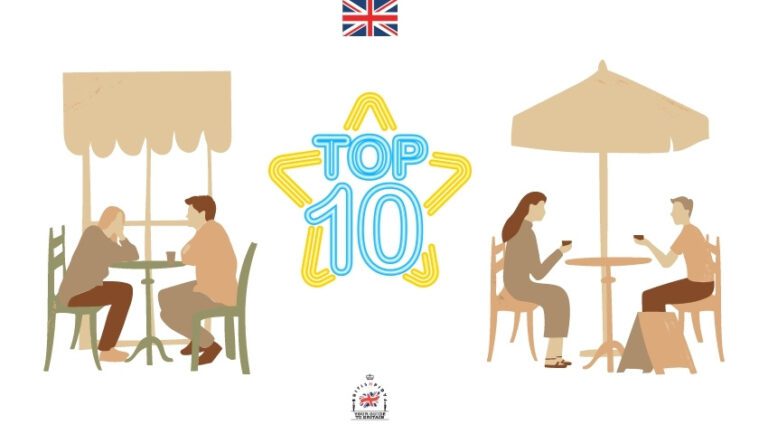The School Education System In The UK
I’ve found that the schooling system in the UK is divided into three main stages: primary, secondary, and high school. Children are required by law to be in school from 5 to 16 years old.
The UK school education system is divided into three stages, primary, secondary and high school.

About school education system in the UK
In my observance of the British schooling system, there are several key principles. One is educational democracy, the schools and teachers have the autonomy to structure their instruction while ensuring every student, no matter their background, has the same opportunities. Additionally, education is a true public right with compulsory schooling lasting 11 years.
Since the industrial revolution, the UK has greatly valued practical and applied learning. The curriculum has shifted to include more hands-on, real-world applications of knowledge. There’s also a balance in the system that showcases moderation in diversity. This attribute reflects the nation’s blend of centralized and decentralized governance in education.
The public also plays a pivotal role in education, a concept termed as popular responsibility, which extends to the overall management and supervision of education. The respect for individual rights and the democratic style of politics complement this.
Moreover, in a nod to the country’s demographic mix, schools incorporate religious education. This inclusion emphasizes the diversity of faiths and ideologies in the country. Lastly, there’s a distinct freedom for private and sectarian schools. The authorities are supportive and work towards integrating these schools into the larger system, rather than obstructing their establishment.
Compulsory education stages
- The first basic stage: from 5-7 years
- The second basic stage: from 7-11 years old
- The third basic stage: from 11-14 years old





